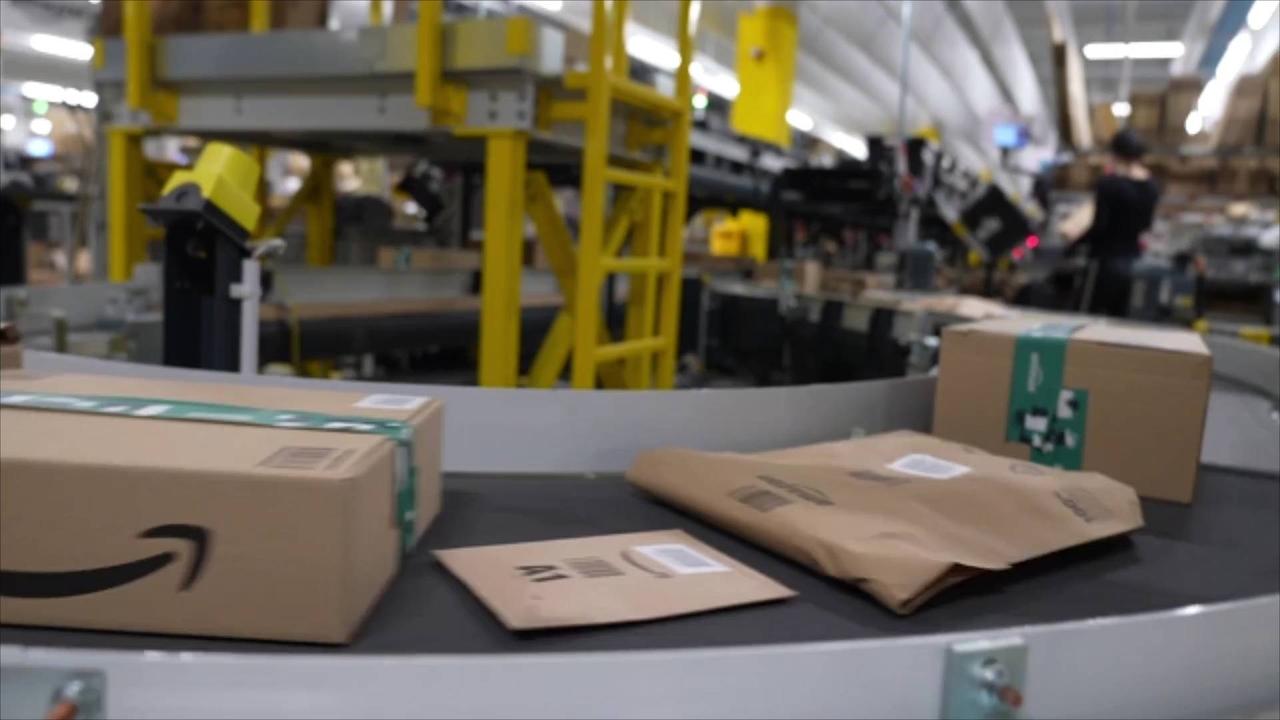
Next-Day Delivery , Takes a Toll on Worker Well-Being , and the Environment.
'The Guardian' reports that Amazon saw sales increase by 44% in the first three months of 2021, bringing in $8.1 billion in profit.
.
Those sales were largely driven by the , 200 million Amazon Prime subscribers, opting for next-day delivery.
.
Approximately 1.6 million packages, are shipped to Amazon Prime, members every day.
As a result, Amazon employees have been forced to work at an extraordinary pace to keep up.
.
A survey of Amazon workers in a Long Island warehouse found that 42% reported physical pain as a consequence of their daily duties.
.
Workers also reportedly noted feeling psychological pressure and deterioration of their sleep schedules.
.
A 2019 BuzzFeed News investigation uncovered hundreds of accidents involving Amazon vehicles within the span of eight years, including six deaths.
According to 'The Guardian,' questions have also arisen regarding how sustainable next-day delivery standards are, given the current climate emergency.
.
It’s not a massive chunk of your total environmental impact, but every decision a consumer makes has some impact, Austin Whitman, CEO of the non-profit Climate Neutral, via 'The Guardian'.
Experts suggest that building a sustainable, non-exploitative future must begin with reconsidering social priorities.
.
It’s about conscious buying.
Decide what you need, do some research, focus on quality, on things that make you feel suitable for a longer timeframe, and then click the green button.
It shouldn’t really matter when the product arrives, Kai Lendwehr, Press officer of the environmental non-profit MyClimate, via 'The Guardian'.
It’s about conscious buying.
Decide what you need, do some research, focus on quality, on things that make you feel suitable for a longer timeframe, and then click the green button.
It shouldn’t really matter when the product arrives, Kai Lendwehr, Press officer of the environmental non-profit MyClimate, via 'The Guardian'
